Vitamin D is a crucial fat-soluble vitamin that plays multiple roles in ensuring overall health and wellness. Vitamin D is naturally present in a few types of foods, but can also be obtained from a supplement or most famously, via sun exposure. If you are not getting a sufficient amount of vitamin D, you are putting your personal health at risk. This guide to vitamin D is intended to help empower you to make smart decisions about your food choices, supplements and sun exposure.
Why is Vitamin D Important?
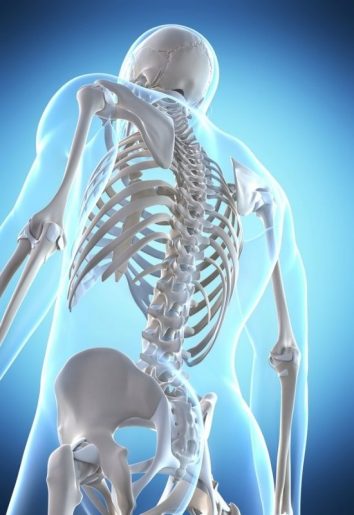 Vitamin D is most useful in supporting calcium absorption throughout the body, particularly in the gut. Vitamin D also works in tandem with calcium for bone growth and maintenance. The bones in the body are more likely to become too thin and brittle without adequate levels of vitamin D. Sufficient levels of vitamin D in children will help to prevent rickets. For adults, vitamin D, along with calcium, is needed to mitigate the risk of developing osteoporosis. Inadequate vitamin D levels are also associated with a variety of other health issues, including poorer colorectal cancer outcomes, joint pain, periodontal disease, decreased muscle strength and more.
Vitamin D is most useful in supporting calcium absorption throughout the body, particularly in the gut. Vitamin D also works in tandem with calcium for bone growth and maintenance. The bones in the body are more likely to become too thin and brittle without adequate levels of vitamin D. Sufficient levels of vitamin D in children will help to prevent rickets. For adults, vitamin D, along with calcium, is needed to mitigate the risk of developing osteoporosis. Inadequate vitamin D levels are also associated with a variety of other health issues, including poorer colorectal cancer outcomes, joint pain, periodontal disease, decreased muscle strength and more.
Signs You May be Low on Vitamin D
There are a number of symptoms that may present if you are low on vitamin D. Because this vitamin is so important for bone and muscle strength, a general feeling of weakness is associated with a vitamin D deficiency. Increased incidences of depression, fatigue and mood swings also may be signs that you are not getting enough of this crucial vitamin.
Other signs that you may be deficient in vitamin D include high blood pressure, hair loss, a depressed immune system, a greater sensitivity to pain, chronic gum disease, problems with your gut and greater susceptibility to allergies.
In addition to these short-term health issues, a vitamin D deficiency that continues for the long-term can lead to a host of chronic complications. This includes an increased risk for developing cancer, autoimmune issues, type II diabetes, cardiovascular problems, pregnancy complications and more.
The bottom line is that there are a variety of health conditions that you may be at a higher risk of developing both in the short-term and in the long-term if you are not diligent about getting enough of this important vitamin.
How to Ensure You Are Getting Enough Vitamin D
Now that you know about the problems associated with a deficiency in vitamin D, you are probably wondering how you can ensure that you are taking in enough of this crucial nutrient. Here are the three primary ways to boost your intake of vitamin D.
Food
While vitamin D is not plentiful in a wide variety of foods, it is still possible to boost your intake by focusing on foods that feature the nutrient. Good food sources for vitamin D include cheese, fatty fish, mushrooms, egg yolks and beef liver. You can also find many foods that are fortified with vitamin D. The most common foods that are fortified with vitamin D include cereal, bread, milk and orange juice.
Sun
You may have heard the phrase, “soaking up that vitamin D.” This is because the sun is one of the best sources of vitamin D. The sun’s rays hitting the body’s bare skin stimulates the production of vitamin D. Because the UVB radiation does not travel through glass, sun exposure needs to be direct. You will receive the highest concentration of vitamin D if you spend time in the sunlight between the hours of 10 a.m. and 4 p.m..
Supplements
If you are worried that you are not getting enough vitamin D, you may want to consider the use of supplements as an added layer of insurance. There are a number of highly effective supplements that provide vitamin D, including Vitachron.
The Great Sunscreen Debate
 Because vitamin D is not as plentiful in foods as other vitamins, many people turn to the sun to deliver this nutrient. The challenge is finding that balance between sufficient protection from the sun and getting your daily dose of vitamin D.
Because vitamin D is not as plentiful in foods as other vitamins, many people turn to the sun to deliver this nutrient. The challenge is finding that balance between sufficient protection from the sun and getting your daily dose of vitamin D.
As more is understood about vitamin D, the great sunscreen debate continues to rage on. Practicing sensible sun-protective measures is the best way to protect yourself against skin cancer while also ensuring that you are getting enough vitamin D. This means that you should avoid applying sunscreen so thickly that it blocks out all of the sun’s ability to provide vitamin D. It is also important to remember that most people only need about 20 minutes of sun exposure a few times per week to generate the amount of vitamin D needed for optimal health.
When it comes to vitamin D exposure via the sun, keep in mind that a little goes a long way. You do not need to bake in the sun to see the benefits.
Understanding the importance of vitamin D and how you can guarantee that you are taking in adequate amounts can have a profound positive effect on your overall health and well-being.
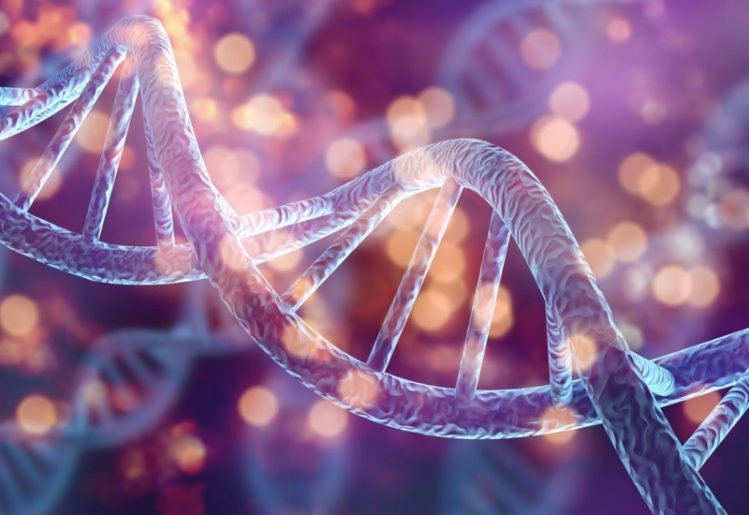 There are many ways vitamin B12 benefits everyone, regardless of age and gender. We know that vitamin B12 helps the body form new red blood cells and improves the metabolism of cells throughout the body. It also benefits nerve function and helps the body create new DNA. Vitamin B12 also promotes a healthy heart and helps to maintain blood pressure within normal ranges
There are many ways vitamin B12 benefits everyone, regardless of age and gender. We know that vitamin B12 helps the body form new red blood cells and improves the metabolism of cells throughout the body. It also benefits nerve function and helps the body create new DNA. Vitamin B12 also promotes a healthy heart and helps to maintain blood pressure within normal ranges  While organ meat from any animal is packed with a broad range of nutrients, the liver and kidneys of a lamb are particularly rich in vitamin B12, containing 3,571 percent of the daily recommended value, making it ideal for pregnant women. Lamb organ meat is also rich in vitamin A, vitamin B2, selenium and copper.
While organ meat from any animal is packed with a broad range of nutrients, the liver and kidneys of a lamb are particularly rich in vitamin B12, containing 3,571 percent of the daily recommended value, making it ideal for pregnant women. Lamb organ meat is also rich in vitamin A, vitamin B2, selenium and copper.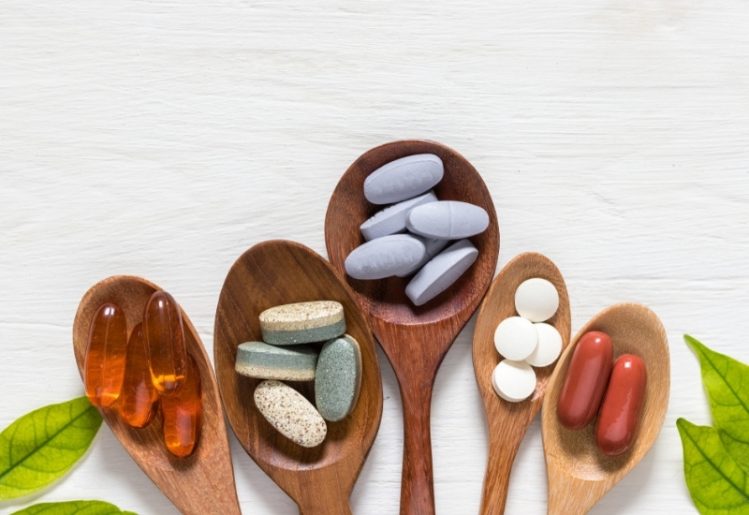 A
A  The cornerstone of all good health starts with a commitment to
The cornerstone of all good health starts with a commitment to  As women near menopause, they can begin experiencing any of the following symptoms:
As women near menopause, they can begin experiencing any of the following symptoms: Estrogenic herbs
Estrogenic herbs Diseases that affect the heart and blood vessels all fall under the broader term of cardiovascular disease, and many of those conditions are caused by atherosclerosis. Atherosclerosis is a condition resulting from plaque accumulation on the walls of the arteries, which causes blood flow to become inhibited. Since blood flows more slowly, clots can form that block blood from passing through the arteries and reaching the brain, heart and other vital organs, boosting the probability that a stroke or heart attack will occur.
Diseases that affect the heart and blood vessels all fall under the broader term of cardiovascular disease, and many of those conditions are caused by atherosclerosis. Atherosclerosis is a condition resulting from plaque accumulation on the walls of the arteries, which causes blood flow to become inhibited. Since blood flows more slowly, clots can form that block blood from passing through the arteries and reaching the brain, heart and other vital organs, boosting the probability that a stroke or heart attack will occur. Rather than eating three big meals every day, it’s important to eat wisely. It’s best to start off with a moderate breakfast that includes good natural sources of protein and fiber. An omelet that’s prepared with fresh veggies is one suggestion. For the remainder of the day, choose healthy snacks to munch on periodically, such as almonds, carrot sticks and cheese. This will help you eat less at dinner.
Rather than eating three big meals every day, it’s important to eat wisely. It’s best to start off with a moderate breakfast that includes good natural sources of protein and fiber. An omelet that’s prepared with fresh veggies is one suggestion. For the remainder of the day, choose healthy snacks to munch on periodically, such as almonds, carrot sticks and cheese. This will help you eat less at dinner.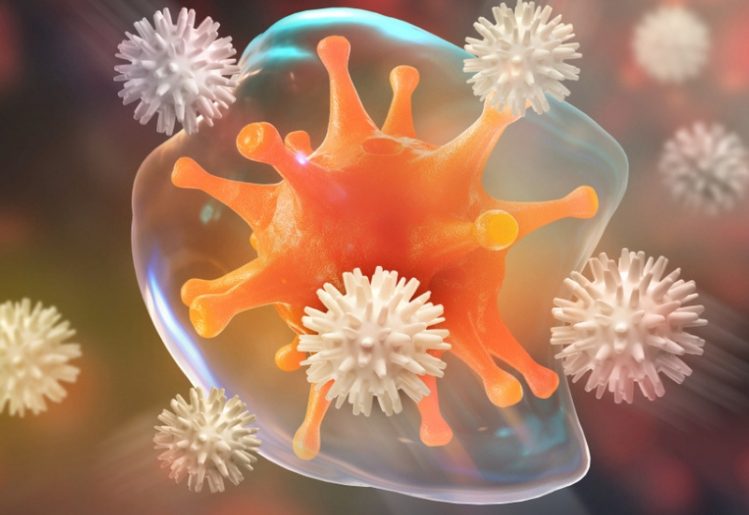 Scientists opine that aside from maintaining a healthy digestive system, probiotics also exert a positive impact upon other bodily systems including the skin, the reproductive tract and oral health. That said, researchers also stress that these substances play a most crucial role in maintaining optimal immune-system health.
Scientists opine that aside from maintaining a healthy digestive system, probiotics also exert a positive impact upon other bodily systems including the skin, the reproductive tract and oral health. That said, researchers also stress that these substances play a most crucial role in maintaining optimal immune-system health.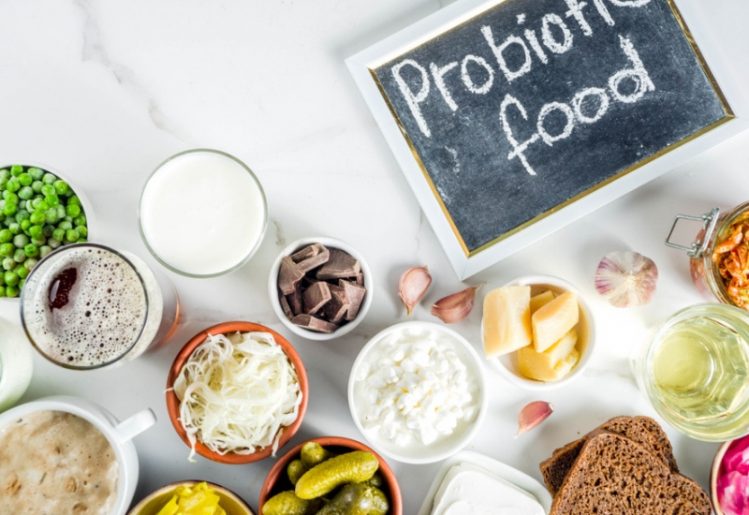 Yogurt is well-known for containing gut-stabilizing flora. However, not all yogurt contains these substances. It is important to check the labels and purchase only products designated as containing probiotics.
Yogurt is well-known for containing gut-stabilizing flora. However, not all yogurt contains these substances. It is important to check the labels and purchase only products designated as containing probiotics.